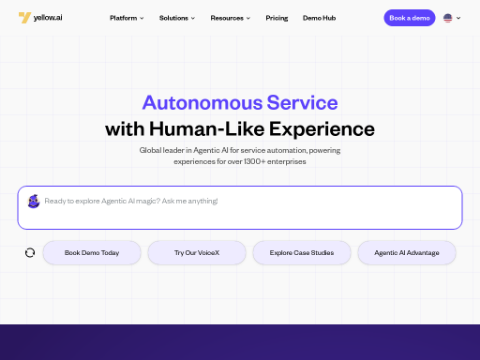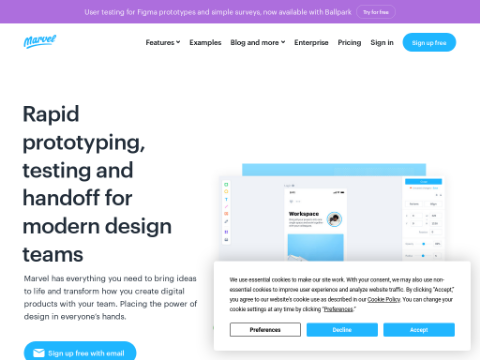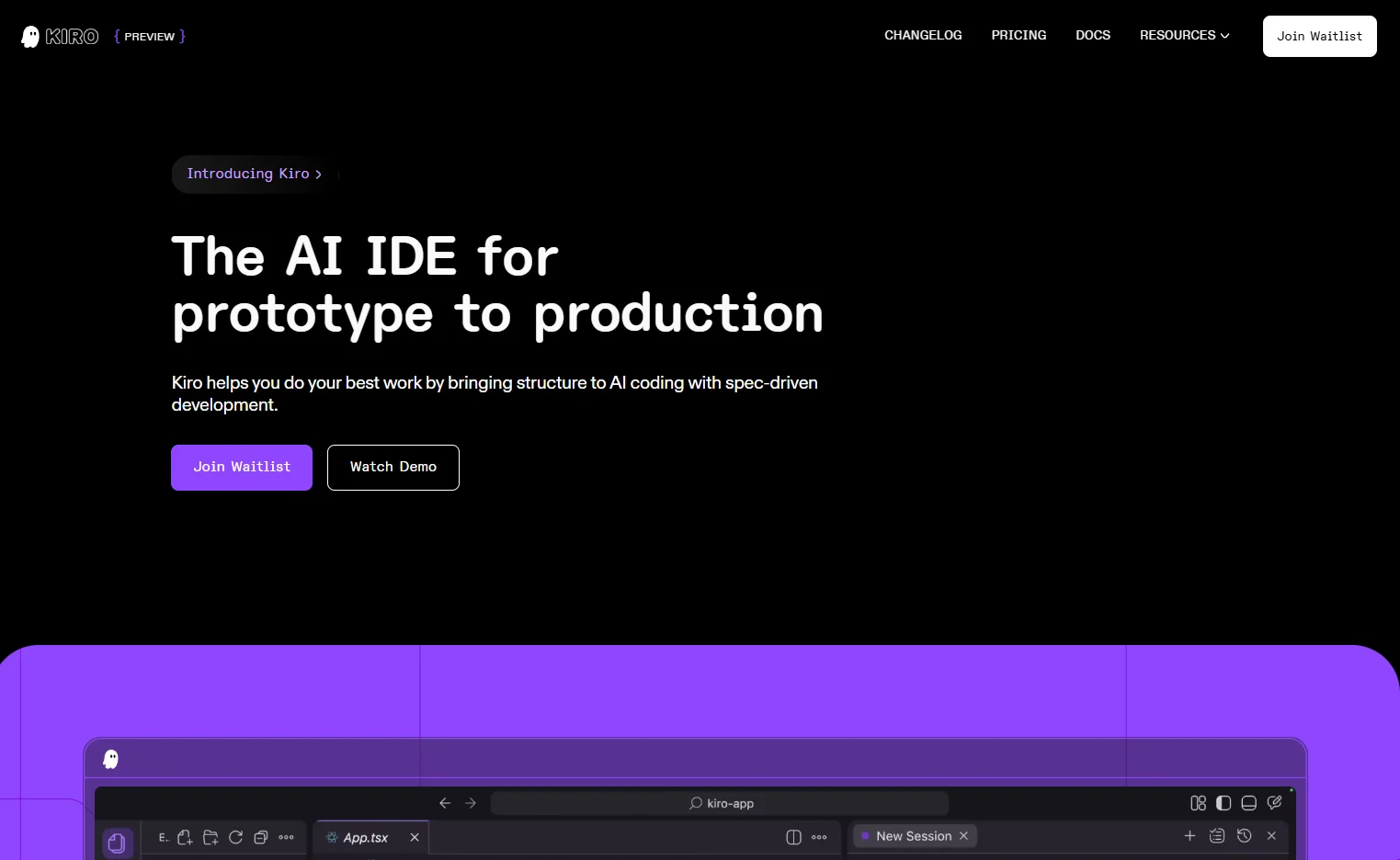On Wednesday, September 25, the European Commission announced that 115 organizations have signed its Artificial Intelligence (AI) Convention—a voluntary pledge aimed at proactively aligning with the forthcoming AI Act. However, according to Euractiv, despite the rise in signatories, the convention's significance appears to have diminished, particularly following the resignation of Internal Market Commissioner Thierry Breton, casting uncertainty over its future.
Since the inception of the convention, a year of preparation and promotion has culminated in a notable surge in participation over the past month, as signing requirements were relaxed. To date, approximately 1,000 companies have expressed interest in joining, a significant increase from 700 at the beginning of August. These organizations represent extensive engagement across the convention’s two main pillars: the Best Practices Exchange Platform and a series of specific commitments.
A spokesperson for the European Commission highlighted during a press briefing that the AI Office and Commissioner for the Digital Transformation of Europe, Margrethe Vestager, are "directly overseeing" the digital initiatives originally led by Thierry Breton, including the follow-up to the AI Convention. Nevertheless, Breton's departure has raised concerns about the future trajectory of this favored project. Several sources involved in the negotiations indicated that the convention held significant political importance for Breton, and his resignation has undoubtedly impacted its advancement.
Notably, while technology giants such as Microsoft, Google, Amazon, and OpenAI have joined the list of signatories, industry heavyweight companies like Meta, Anthropic, Mistral, and Apple were absent from the initial signing roster. A Meta spokesperson stated that the company is concentrating on compliance efforts under the AI Act and does not rule out the possibility of joining the convention at a later stage. This stance reflects some companies' concerns that the convention may impose "overly stringent" requirements and their cautious approach regarding its interplay with existing compliance initiatives.
Furthermore, the convention has undergone adjustments to better incorporate industry feedback. The latest draft stipulates that signatories commit to achieving each objective "to the best of their ability," offering greater flexibility compared to earlier versions. The convention encompasses three core commitments along with a list of additional voluntary pledges, with approximately half of the current signatories having only adopted the core commitments. Signatories are required to report on the implementation of their pledges within 12 months, though the specific details of these reports remain to be defined.
As the AI Act approaches, Europe's regulatory framework for artificial intelligence is becoming increasingly defined. In this context, the AI Convention serves as a transitional measure whose future direction is poised to significantly impact the industry. Stakeholders are closely monitoring the new Commission’s stance on the convention and its subsequent actions to assess its role in facilitating AI compliance and advancement.








